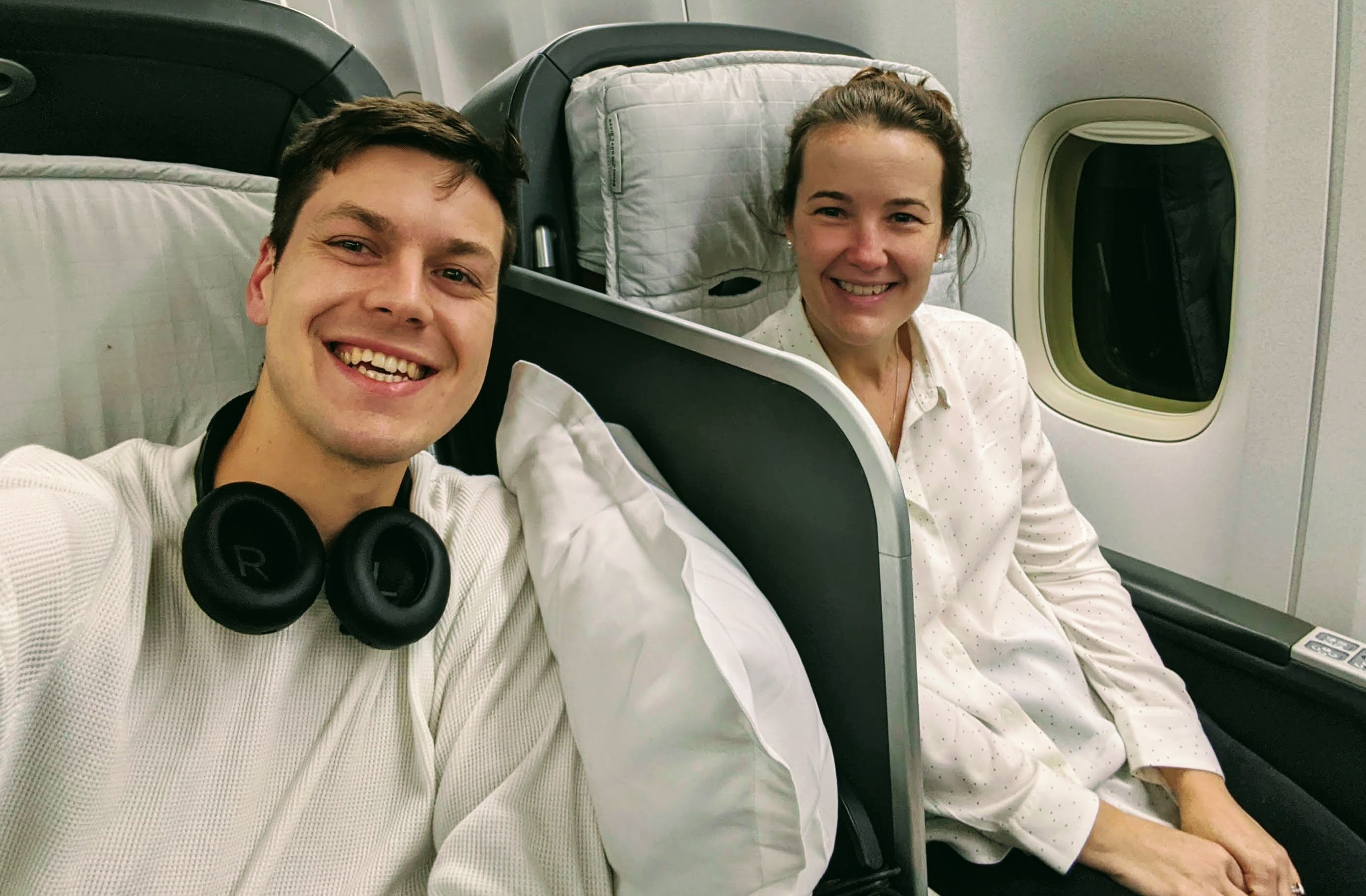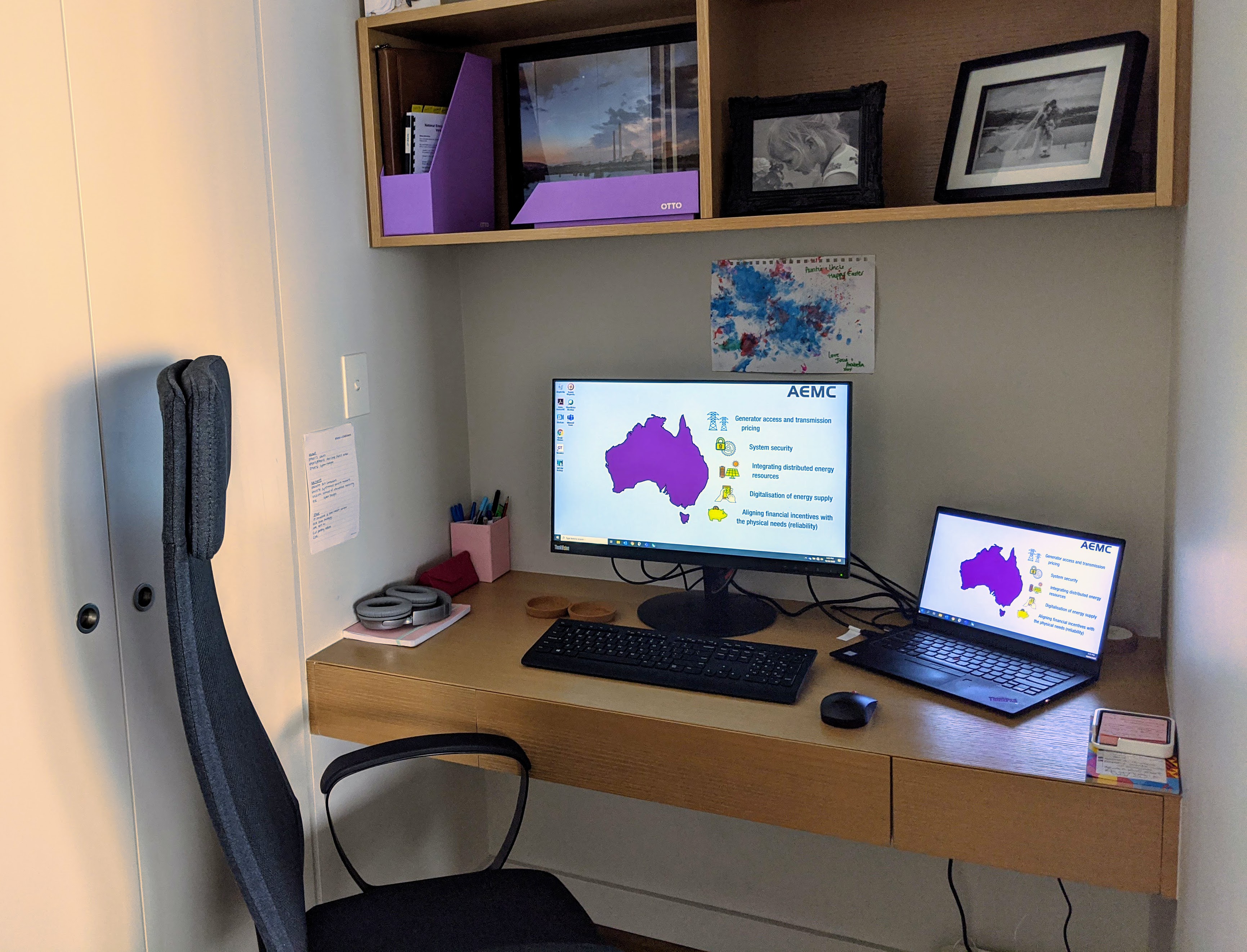I read an article the other day which explained how, as a result of the global efforts to curb the spread of coronavirus, the planet is literally moving less. It said that the increase in people working from home and the reduction in transport movement and use of industrial machinery has created a noticeable drop in seismic noise - the hum of vibrations in the planet’s crust. This fall in human-induced noise could improve the ability of scientists to detect activity like earthquakes, volcanoes and waves in certain locations.
The environmental changes driven by the coronavirus are also noticeable. The brown haze that sits above so many of our global cities has shrunk as cars come off the roads and factories close down. The clearing skies can be seen from space. As non-essential travel is increasingly cancelled around the globe, the number of flights have dramatically decreased. In Australia, the Australia Institute - an independent think tank on public policy research - has reported that aviation emissions in Australia could be slashed by 56% if most Virgin and Qantas flights continue to be grounded for a number of months. Despite the benefits for our air quality, I can hardly pretend that I am happy about the inability to travel. For us, that is what brings us most joy and was a fundamental component to the lifestyle we had planned for ourselves. But for now, it can wait.

On our flight home from Tokyo in December
Of course, the financial impact on businesses and individuals from this crisis is devastating, but if there is an upside, it is that our planet gets to breathe a little easier. At least for a little while. But it is my hope that somehow this health crisis provides an impetus to take more effective action on our environmental crisis. We must protect our planet and move to a more sustainable way of life. The political decisions that are made in the days and weeks of this crisis subsiding will determine our future trajectory. Rather than using the period of reduced emissions as an excuse for increasing the quota in subsequent years, it is the perfect opportunity to examine where investment and stimulus is directed. And hopefully it is directed in the pursuit of a more sustainable future. The Australian government has responded swiftly, decisively and with good intention to this crisis. One cannot help but notice the stark contrast with its response to the climate crisis.

Yet a crisis disrupts the status quo and can accelerate change.
In a matter of days after the forced lock-down commencing in NSW we saw the rapid emergence of new business models and new ways of living. For those in office-based jobs, we experienced the very sudden transition to working from home. Some forward-looking companies have long been promoting the benefits of remote work and for the countless organisations that hadn’t embraced this new way of working, they were thrust into it whether they were ready or not. Desks, office chairs, monitors and laptops were redeployed and ordered online to set up home offices. The daily public transport commute became obsolete. Video conferencing became the new normal for meetings and the outdated internet infrastructure in Australia struggled to keep up. But we did it and it worked, mostly.

My new home office
While schools have largely been kept open to support those who cannot keep their kids at home, huge numbers of children are learning remotely. We live at a time in history where we are fortunate enough to be able to take our kids out of the classroom and still continue to educate them. Technology has enabled endless opportunities for interactive and remote learning. For both the young and old.
My yoga teacher has also moved classes online via videoconferencing. She may not be able to adjust my arm into the correct asana, but the virtual oversight nonetheless encourages discipline and a continued sense of community. Zoos have set up webcams and linked them to internet sites so that we can virtually enjoy our favourite creatures.
We humans are social creatures by design and we are learning to be social in new ways. A multitude of apps can be used to talk, play, quiz and party with our friends. Decades of innovation out of Silicon Valley have given us the tools to communicate, work, learn and socialise virtually. Yet so many of them achieved this at the expense of our privacy and digital autonomy. But they are now in the spotlight. And so now is the time for us to demand ethical and responsible business from those companies.
We may be physically separated from each other, but we can be connected in more ways than ever. While being forced into our homes has its challenges, it also creates opportunity. Personally, I am learning to slow down and to find contentment from simpler pleasures. I have more time to garden, to cook elaborate recipes, to read, and as evidenced by this blog - to reflect on all of this and write about it. For that I am grateful.
We’ve been forced to cancel our social outings and extracurriculars and to go back to a simpler way of life. We’re quite literally forced into spending more time with those we live with. We can use this as an opportunity to build our relationships and practice tolerance and patience. However, for some, being home-bound may be the antithesis to a better life and for others, may even place them in physical danger. So let’s not forget about those whose homes are not safe places, those who live alone, those who are sick or in self-isolation, or the elderly who are most importantly confined to their homes. Let’s not forget about our family and friends and the importance of human connection.

Let this crisis inspire compassion and generosity.
Let this crisis slow us down.
Let this crisis promote sustainability.
Let this crisis remind us of the freedom we generally have.
Let this crisis build our resilience.
Let this crisis connect us.